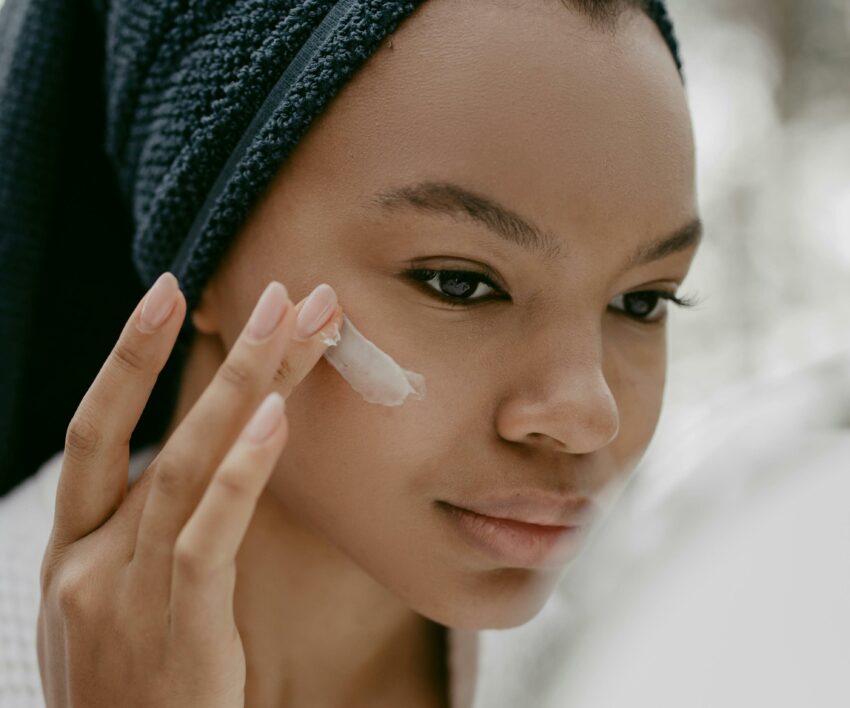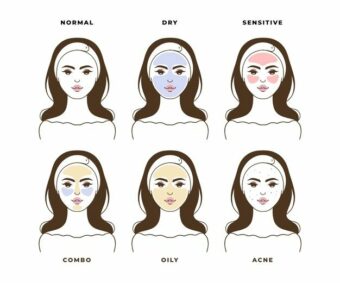
PICTURE: PEXELS
Skincare products are best suited for specific skin types. Using a product for a problem you don’t have might not work.
Let’s dive into why understanding your skin type is important when it comes to buying skincare products and how it not only saves you a lot of money but time as well.
Hark and Zander’s skincare hub highlights the need to determine your skin type to develop an efficient skincare programme. Understanding your skin type is critical for dealing with oily skin, moisturising dry skin, and finding a balance for combination skin.
Here are the different skin types covered by Asian Beauty Essentials:

- Normal skin: This skin type is usually smooth with normal sebum production and an even skin tone.
- Sensitive skin: According to the above-mentioned source, when you have sensitive skin, you are prone to reactions from cosmetic ingredients and temperature changes, leading to redness and irritation.
- Dry skin: This skin type may experience flakiness, tightness, and small pores.
- Oily skin: The skincare hub states that this skin type is seen as having large pores, excessive sebum production, and a shiny appearance.
- Combination skin: If you have this skin type, then you may have a combination of dry and oily skin, which causes T-zone breakouts, dryness on the cheeks, and oiliness on the nose.
- Acne-prone skin: Prone to whiteheads, blackheads, pimples, and redness.
Charlotte Tillbury provides ways to identify your skin type;
Method 1: Examine Skin After Purification
- Wash your face, pat it dry, and allow it to breathe for 30 minutes.
- After 30 minutes, look in the mirror to assess skin quality.
- Oily skin is shiny and has an excess of oil.
- Dry skin may be tight, dry, or flaky.
- Combination skin types may experience shine on the T-zone, tight in other areas.
- Normal skin types may be hydrated, with no excess shine or tightness.
Method 2: Blotting Test
- Cleanse your face, pat it dry, and allow it to breathe naturally for 30 minutes.
- Apply a blotting sheet to different places.
- The blotting sheet displays excessively oily skin.
- Dry skin has little to no oil.
- Combination skin may show oil in some areas.
- Normal skin has little oil.
Also see: 5 Reasons retinol is good for your skin




